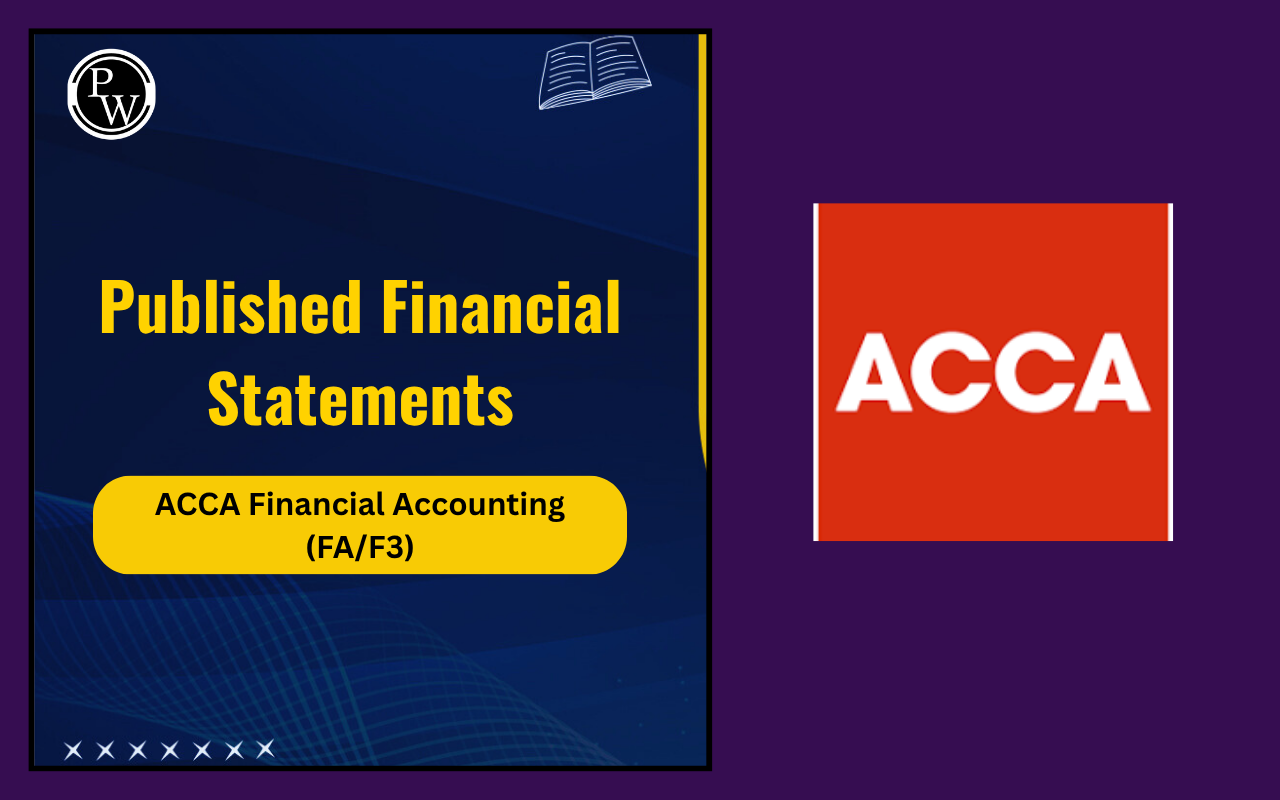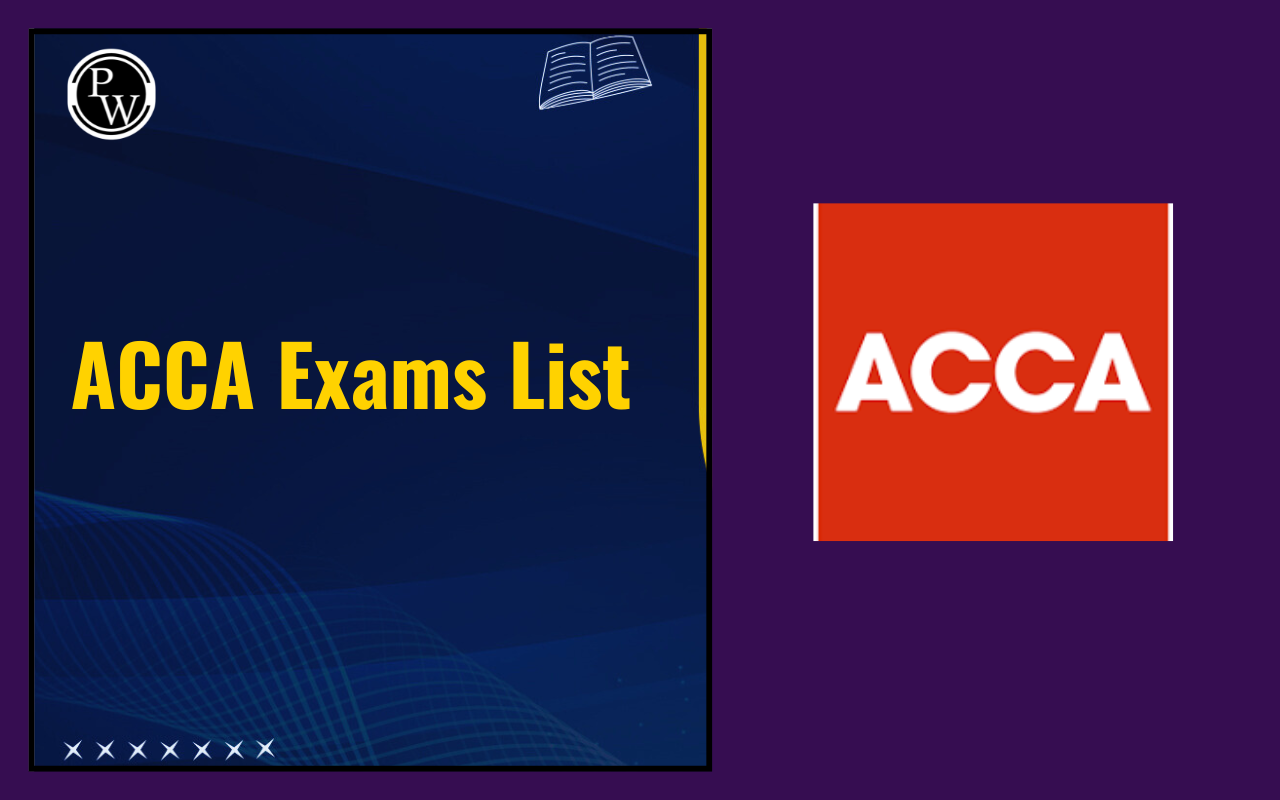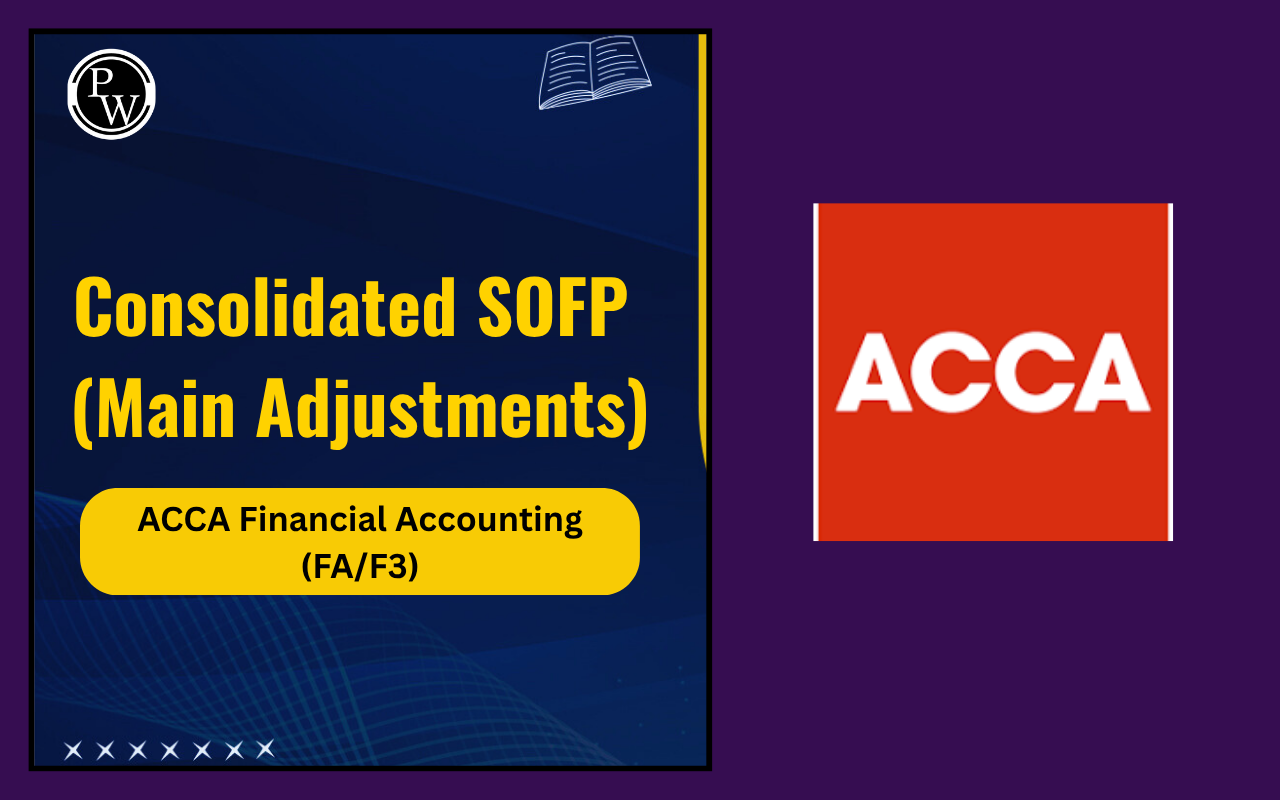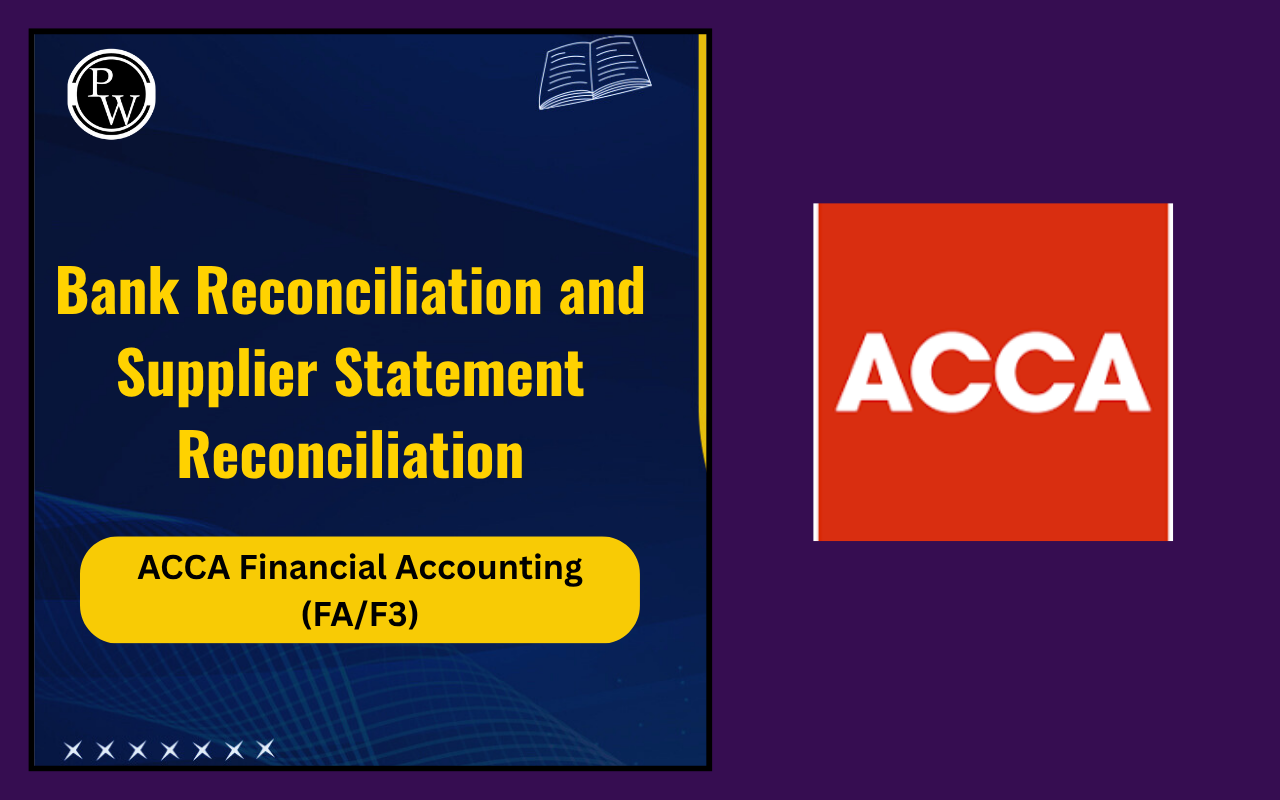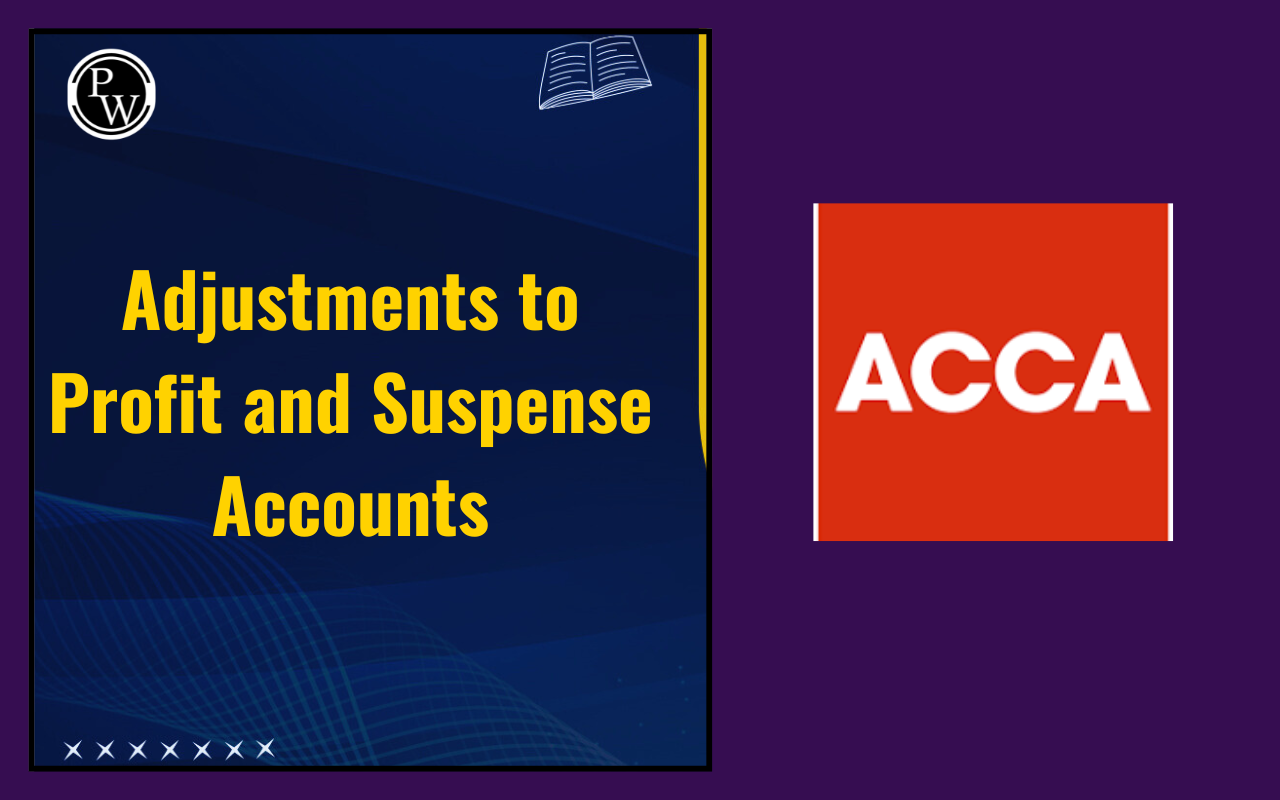

ACCA Financial Management (FM) equips students with the ability to manage an organization’s finances efficiently, making it a crucial component of the ACCA qualification. However, many students struggle with the vast syllabus, complex calculations, and the pressure of time-bound exams.
To ace ACCA Financial Management, one must adopt structured study techniques, practice rigorously, and develop a strategic approach to the exam. Whether you’re just starting your preparation or looking to refine your study techniques, having the right plan in place can make all the difference.
Read about ACCA Financial Management, along with proven strategies and practical exam tips to help you succeed. Follow this guide to build confidence, master the syllabus, and score high in your FM exam.
ACCA Financial Management
ACCA Financial Management focuses on equipping students with the skills required to manage an organization's finance function effectively. The syllabus covers crucial topics such as investment appraisal, risk management, business valuations, and financial decision-making. Mastering these concepts ensures that students can make informed financial decisions and contribute significantly to an organization's financial stability.
The ACCA exam consists of three sections: Section A (30 marks), Section B (30 marks), and Section C (40 marks). While Sections A and B contain objective test questions, Section C requires candidates to demonstrate analytical and problem-solving skills through scenario-based questions.
Success in ACCA Financial Management demands a deep understanding of financial principles, numerical accuracy, and strong exam techniques. By adopting structured study plans, leveraging ACCA-approved resources, and practicing regularly under exam conditions, students can maximize their chances of success and develop the financial expertise required for a professional accounting career.
Strategies for ACCA Financial Management
Before diving into specific study techniques, it's important to recognize that a well-planned approach can make the preparation journey smoother and more effective. The following are some key strategies to help you master ACCA Financial Management.
Study with Approved Learning Partners and Content
Enrolling in an ACCA learning provider can significantly enhance your preparation. These institutes provide structured lessons, guidance, and high-quality study materials that align with ACCA's syllabus and expectations.
Cover the Entire Syllabus
Many students fall into the trap of selective studying. However, ACCA Financial Management exams are designed to test knowledge across the entire ACCA syllabus. Ensure that you study all topics, focusing on key areas such as investment decisions, business valuations, working capital management, and risk management.
Practice, Practice, and More Practice
Practicing exam-standard questions is crucial for success. Use the ACCA Practice Platform to attempt past papers and familiarize yourself with exam-style questions. Regular practice helps improve speed, accuracy, and confidence in handling both numerical and theoretical questions.
Develop Strong Written Response Skills
In Section C of the exam, students must provide well-structured written responses. Work on improving your ability to construct clear, concise, and well-reasoned answers. Use headings, develop each point logically, and ensure your responses directly address the question requirements.
Familiarize Yourself with the Computer-Based Exam (CBE) Environment
Since the ACCA Financial Management exam is computer-based, practice using ACCA's CBE environment. Get comfortable with spreadsheet tools, formula applications, and navigating the exam interface to avoid last-minute surprises during the actual test.
Attempt Full-Length Mock Exams
Simulating the real exam environment is essential for time management and stress handling. Attempt at least two full-length mock exams under timed conditions. Review your answers, identify weak areas, and focus your revision on improving those topics.
Also Check: How to Prepare for ACCA Business and Technology (BT)?
How to Tackle ACCA Financial Management
Understanding the exam format and adopting the right approach to each section is key to performing well. Let's break down how to tackle each part effectively.
Section A – Objective Test Questions
This section consists of 15 objective test (OT) questions worth 2 marks each. Since these are multiple-choice questions, you must:
-
Read the question carefully and understand the requirement before selecting an answer.
-
Avoid rushing. Take your time to analyze the options before making a decision.
-
Answer all questions, even if you're unsure. There is no negative marking.
Section B – Case Study-Based Objective Questions
This section contains three case studies, each with five OT questions worth 2 marks per question. To score well:
-
Read the case scenario thoroughly before answering the questions.
-
Identify key financial data and relate it to the given options.
-
Apply financial concepts logically to select the most appropriate answers.
Section C – Scenario-Based Questions
This is the most challenging part of ACCA Financial Management, consisting of two scenario-based questions worth 20 marks each. To excel:
-
Plan Your Answer: Before writing, take a moment to outline your key points.
-
Address the Requirement Directly: Read the question carefully and ensure your response aligns with what is asked.
-
Refer to the Scenario: Use relevant data from the case to support your calculations and analysis.
-
Use Headings and Subheadings: This improves clarity and organization, making it easier for examiners to award marks.
-
Be Concise but Detailed: Avoid vague statements, provide well-explained answers with logical reasoning and numerical support.
-
Attempt Every Question: Never leave any part unanswered; attempt every question to maximize your score.
FAQs
What is the passing rate for ACCA Financial Management?
How much time should I dedicate to ACCA Financial Management preparation?
Is ACCA Financial Management difficult?
Can I self-study for ACCA Financial Management?


